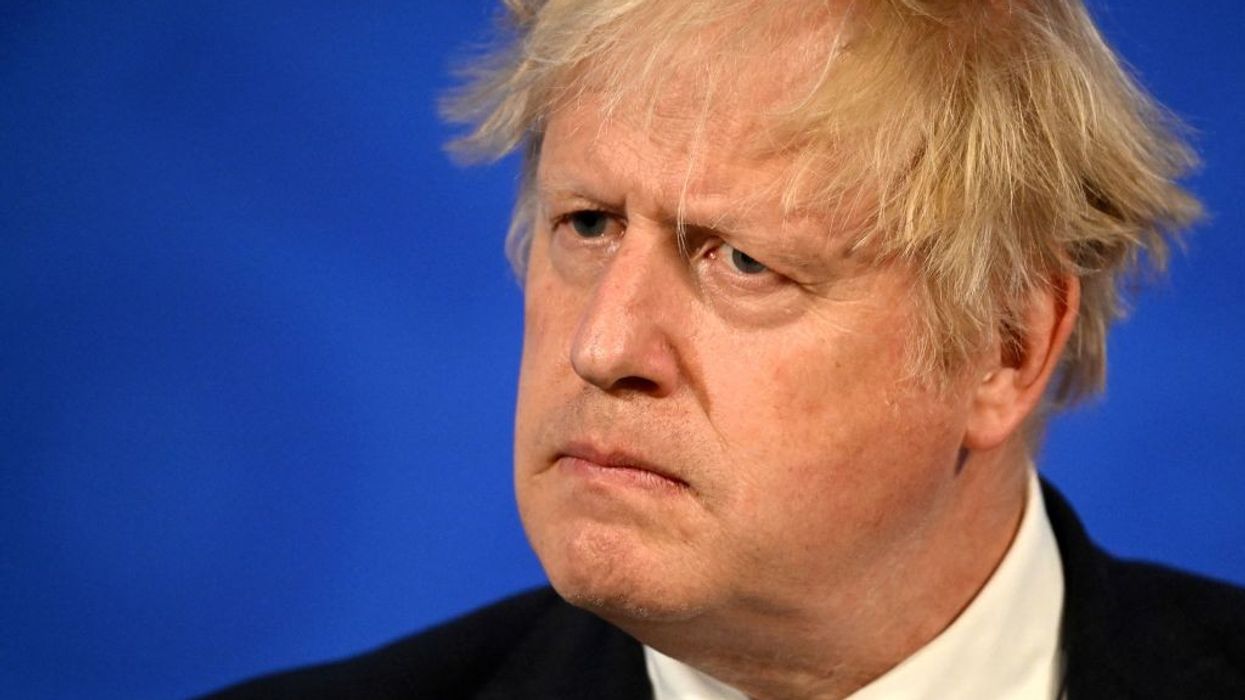A Conservative lawmaker has submitted a letter of no confidence in Boris Johnson and another quit a role as an assistant to Britain's interior minister, putting new pressure on the prime minister over illegal parties at his Downing Street residence during Covid-19 lockdowns.
Bob Neill, the chair of parliament's justice committee, said an official report on the parties issued on Wednesday (25) showed a pattern of "unacceptable behaviour" over months during Britain's coronavirus crisis, and said he did not find Johnson's explanations to be credible.
"Trust is the most important commodity in politics, but these events have undermined trust in not just the office of the prime minister, but in the political process itself," Neill said in a statement on Friday (27).
"To rebuild that trust and move on, a change in leadership is required."
Johnson said after the report was issued that he took responsibility for the events but refused to quit.
Another Conservative lawmaker, Paul Holmes, said on Friday (27) that he was resigning from his government role as a parliamentary private secretary at the Home Office to focus on representing his constituents.
"It is clear to me that a deep mistrust in both the government and the Conservative Party has been created by these events ... It is distressing to me that this work on your behalf has been tarnished by the toxic culture that seemed to have permeated Number 10," Holmes said in a statement. But he did not write a letter to call for Johnson to resign.
Many other Conservative lawmakers this week have said they had submitted letters calling for a confidence vote in Johnson to the chairman of the party's 1922 Committee - which would be triggered if 54 such letters are written.
The letters are confidential, so only the chairman of the 1922 Committee knows how many have actually been submitted.
According to a Guardian report, the MPs who expressed no confidence in the prime minister include William Wragg, Gary Streeter, Anthony Mangnall, Tobias Ellwood, Peter Aldous, Roger Gale, Steve Baker, John Baron, Aaron Bell, Karen Bradley, Nick Gibb, Mark Harper, Tim Loughton, Nigel Mills, Andrew Mitchell, Caroline Nokes, David Simmonds, Julian Sturdy and Bob Neil.
Three other lawmakers - Neil Hudson, David Davis and Craig Whittaker - have urged Johnson to step down without sending letters.
However, MPs Andrew Bridgen and Douglas Ross have withdrawn their letters, citing the international emergency caused by the Ukraine war.
Trouble mounts for Boris Johnson: Tory MP Bob Neill submits no confidence letter as chorus for PM resignation grows louder
More than 20 MPs have publicly called for Boris Johnson to quit after Sue Gray’s partygate report was made public




